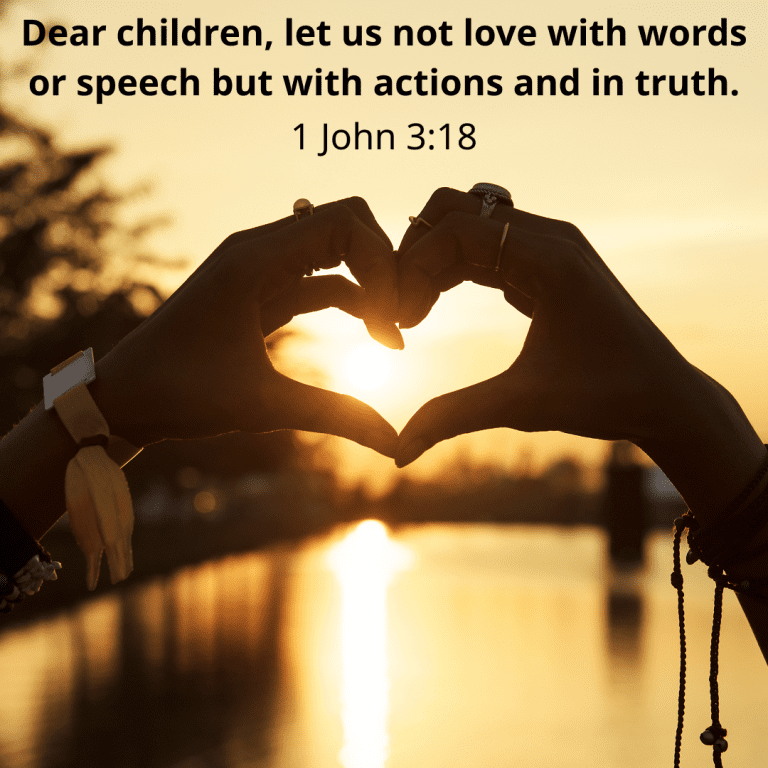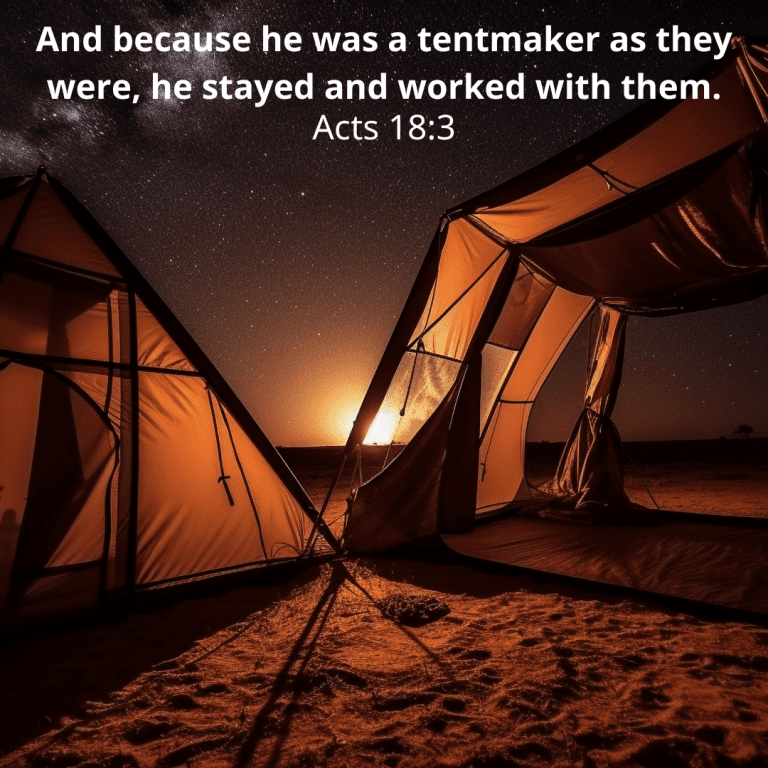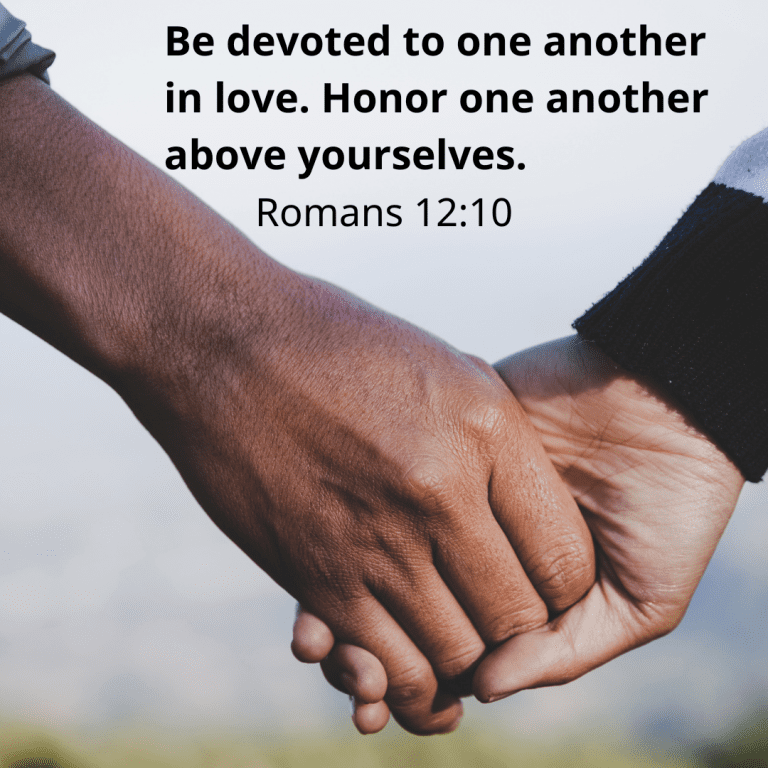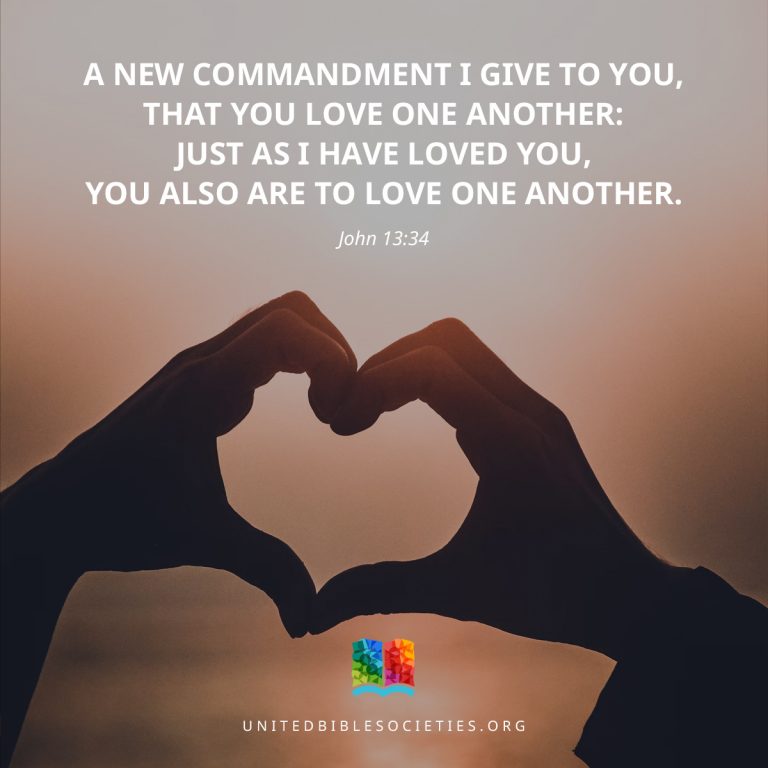The Example of Abraham
1 What shall we say, then, of Abraham, the father of our race? What was his experience? 2 If he was put right with God by the things he did, he would have something to boast about—but not in God's sight. 3 The scripture says, “Abraham believed God, and because of his faith God accepted him as righteous.” 4 A person who works is paid wages, but they are not regarded as a gift; they are something that has been earned. 5 But those who depend on faith, not on deeds, and who believe in the God who declares the guilty to be innocent, it is this faith that God takes into account in order to put them right with himself. 6 This is what David meant when he spoke of the happiness of the person whom God accepts as righteous, apart from anything that person does:
7 “Happy are those whose wrongs are forgiven,
whose sins are pardoned!
8 Happy is the person whose sins the Lord will not keep account of!”
9 Does this happiness that David spoke of belong only to those who are circumcised? No indeed! It belongs also to those who are not circumcised. For we have quoted the scripture, “Abraham believed God, and because of his faith God accepted him as righteous.” 10 When did this take place? Was it before or after Abraham was circumcised? It was before, not after. 11 He was circumcised later, and his circumcision was a sign to show that because of his faith God had accepted him as righteous before he had been circumcised. And so Abraham is the spiritual father of all who believe in God and are accepted as righteous by him, even though they are not circumcised. 12 He is also the father of those who are circumcised, that is, of those who, in addition to being circumcised, also live the same life of faith that our father Abraham lived before he was circumcised.
God's Promise Is Received through Faith
13 When God promised Abraham and his descendants that the world would belong to him, he did so, not because Abraham obeyed the Law, but because he believed and was accepted as righteous by God. 14 For if what God promises is to be given to those who obey the Law, then faith means nothing and God's promise is worthless. 15 The Law brings down God's anger; but where there is no law, there is no disobeying of the law.
16 And so the promise was based on faith, in order that the promise should be guaranteed as God's free gift to all of Abraham's descendants—not just to those who obey the Law, but also to those who believe as Abraham did. For Abraham is the spiritual father of us all; 17 as the scripture says, “I have made you father of many nations.” So the promise is good in the sight of God, in whom Abraham believed—the God who brings the dead to life and whose command brings into being what did not exist. 18 Abraham believed and hoped, even when there was no reason for hoping, and so became “the father of many nations.” Just as the scripture says, “Your descendants will be as many as the stars.” 19 He was then almost one hundred years old; but his faith did not weaken when he thought of his body, which was already practically dead, or of the fact that Sarah could not have children. 20 His faith did not leave him, and he did not doubt God's promise; his faith filled him with power, and he gave praise to God. 21 He was absolutely sure that God would be able to do what he had promised. 22 That is why Abraham, through faith, “was accepted as righteous by God.” 23 The words “he was accepted as righteous” were not written for him alone. 24 They were written also for us who are to be accepted as righteous, who believe in him who raised Jesus our Lord from death. 25 Because of our sins he was given over to die, and he was raised to life in order to put us right with God.
aza 4
ṯilŋiidina ṯeḏi ṯəmna ṯeḏi ibrahiim
1 ŋer ŋari ḏa manɔŋ ŋeḏi ibrahiim kwir kwukwurna kweri aŋna yi? 2 eŋgir ruzi ibrahiimŋw kwuzuɽu-na ŋɔḏɽor ŋi ŋakuŋw zi kuruu gi, eŋguŋw eḏi ŋuma eḏellini ki rɔgwɽɔ, lakin nuŋw ere eḏi ŋuma mac eḏellini ki yey-na yeḏi Allah. 3 kaka ŋa ŋuluḏina ŋari ḏa? ibrahiim eḏici Allah ṯəmna ner ṯa ruzi ṯəmna ṯuŋwun kaka ṯofḏana ṯuŋwun. 4 kwere muŋw aki ŋɔḏɽor ta, eṯir ere ruzi ujra wuŋwun haḏiya mac, lakin eṯir iɽeci ujra kaka ṯa weŋguŋw afi. 5 na ŋeḏi ŋgwa kwiti kweṯaki ŋɔḏɽor mac lakin kweṯalliḏa ŋgwa ṯugwori nana, kweṯi zi ruzi luzuɽu-na kla leni liki, eṯir ruzi ṯəmna ṯuŋwun kaka ṯofḏana ṯuŋwun. 6 kaka andicazi gwu dauḏ tɔk ŋeḏi ṯortaḏa ṯeḏi ŋgwa kwumɔ Allah ruzi kwofḏana kwiira ŋɔḏɽor-na, ŋwu:
7 kla limerzi fifrici ŋudurlaḏu, limerzi kwuɽbeci ŋikyaŋi lu tɔk, leni lortani;
8 ŋgwa kwiti kwinḏi Kweleny eḏi ruzi kaṯi mac ŋiɽaŋal ŋi ŋeḏi ŋikya ŋuŋun, kweni kwortani.
9 ṯortaḏa kḏu ṯiri ṯeḏi kla limerzi uɽu ŋwuḏrunya ṯuɽuk a? ya ṯiri ṯeḏi kla tɔk liti leḏi ṯuɽuna mac? a kwarir ŋwu: ner ruzi ṯəmna ṯeḏi ibrahiim ṯofḏana ṯuŋwun. 10 ner ruzi ṯəmna ṯuŋwun ṯofḏana ṯuŋwun aŋgwuru? kerreny, iti uɽuḏir gwu ŋunduŋwu luḏrunya mac, ya kwaḏan a? ŋiti ŋiri mac muŋw uɽuni, ŋeḏi kerrenyŋw ŋiri. 11 na kwaḏan nuŋw afi ṯuɽuna ṯeḏi luḏruny eḏorɔ kaka ŋwuli ŋwir nimra, eḏi zi ruweci ṯofḏana lu ṯuŋwun ṯimɔŋw afi ṯəmna ṯi, it uɽuŋw gwu kinna mac. ŋwu ṯa, ner ruzi ŋunduŋwu papa kweḏi lizi tatap leḏi ṯəmna liira ṯuɽuna, limerzi ṯa ruzi lofḏana; 12 ner ruzi ŋunduŋwu papa kweḏi kla leḏi ṯuɽuna liti leṯalliḏa ŋiɽaŋali ŋu rugwori nana ṯuɽuk mac, lakin eṯir kwaḏiḏa ṯəmna kḏa ṯeṯi papa kweri kweni ibrahiim miḏa, iti uɽuŋw gwu ludrunya kinna mac.
13 na Allah ere kitaḏa ibrahiimŋw, ya nyoru nyuŋwun, ŋiɽaŋal ŋi ŋeḏi kuruu mac eḏafi ṯurmuna kaka ŋor ŋeŋen, lakin nuŋw zi ŋi kitaḏa ŋu ŋiɽaŋal ŋi ŋeḏi ṯofḏana ṯəmna ṯi. 14 eŋgi kla leḏi kuruu linḏi eḏafi ŋoru, eŋgi ṯəmna ere eḏi fayḏa mac, ya ṯikitaḏa tɔk mac. 15 kaka eṯi gwu kuruu afa ŋirŋaza, lakin ma kuruu ere nani mac ta, eṯi lizi ere eḏi ŋuma mac eḏi dapi kuruu gi la.
16 ṯa ŋwu, eṯi ŋuma ŋeḏi ṯikitaḏa orɔ ŋeḏi ṯəmna, mindaŋ a ma nyor nyuŋwun tatap afi ṯikitaḏa weṯ, ṯimeca ṯi ṯeḏi ŋimɽi; ner ere orɔ mac kla dak leḏi kuruu, lakin kla tɔk leṯoɽmaṯi ki ṯəmna-na ṯeḏi ibrahiim, kaka urŋw gwu papa kweri tatap, 17 kaka luḏinar gwu, ŋaruŋw: nyi kwumɔ ŋa ruzi papa kweḏi ŋeleny ŋuru. na ṯa, ṯikitaḏa kḏu eḏi fayḏa ki yey-na yeḏi Allah, wir Allah wumɔŋw alliḏa ṯugwori nana, wir Allah weṯi zi inḏeḏa layyu ŋimiiḏa, nuŋw ornuṯi kwɔmne kwiti kwumijini kinna mac mindaŋ mer ijini. 18 ma ṯəkiza kizen ere eḏi fayḏa mac, eṯuŋw ṯa aki kizen eḏorɔ papa kweḏi ŋeleny ŋuru, kaka mer gwu andaci ŋunduŋwu: nyor nyɔŋa nyi ṯa orɔ. 19 nuŋw ere ajili ki ṯəmna-na mac muŋw ṯeci ŋiɽaŋali ŋeḏi aŋna wuŋwun wumɔ uteḏa ŋiɽany nana, kaka muŋw gwu orɔ yiḏleyu ruɽi-ṯuḏni, ya muŋw zi ṯeci ŋeḏi zaara kwir kworum. 20 nuŋw ere orɔ rugwor-na riɽen mac ŋiɽaŋal ŋi ŋeḏi ṯəmna ṯamɽaṯu, nuŋw kikindeḏi ṯəmna niiyaŋw gwu Allah-na ŋiniṯ ŋi, 21 na eṯuŋw elŋece rac eḏaruŋw, Allah weḏi ŋuma eḏəfica ŋunduŋwu ŋgwa kwumɔŋw gi kitaḏa. 22 ṯa ŋwu, ner ruzi ṯəmna ṯuŋwun ṯofḏana ṯuŋwun. 23 ŋiɽaŋal ŋu ŋimerzi lɔ ner ere orɔ ŋeḏi ibrahiim ṯuɽuk mac, 24 lakin ŋimerzi lɔ ŋeni ŋeri tɔk. er nyji ṯa ruzi nyuŋwuzi ŋwu tɔk, limalliḏa ŋunduŋwu rugwori nana ŋgwa kwumɔ diɽi Yecuŋw ŋiɽany-na, kwir Kweleny kweri, 25 kwumer iili ki ŋiɽany-na ŋiɽaŋal ŋi ŋeḏi ŋikya ŋeri, na Allah diɽi ŋunduŋwu eḏi ruzi nyuŋwuzi luzuɽu-na ŋin ŋi ŋuŋun.








